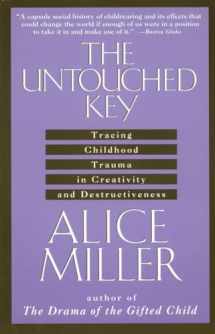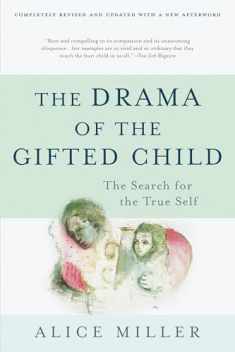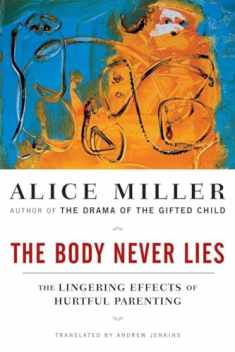
The Untouched Key: Tracing Childhood Trauma in Creativity and Destructiveness
Book details
Summary
Description
As in her former books, Alice Miller again focuses on facts. She is as determined as ever to cut through the veil that, for thousands of years now, has been so meticulously woven to shroud the truth. When she lifts that veil and brushes it aside, the results are astonishing, amply demonstrated by her analyses of the works of Nietzsche, Picasso, Käthe Kollwitz, Buster Keaton, and others. With the key shunned by so many for so long—childhood—she opens rusty locks and offers her readers a wealth of unexpected perspectives. What did Picasso express in Guernica? Why did Buster Keaton never smile? Why did Nietzsche heap so much opprobrium on women and religion and lose his mind for 11 years? Why did Hitler and Stalin become tyrannical mass murderers?
Miller investigates these and other questions thoroughly in this book. She draws from her discoveries that human beings are not “innately” destructive, that they are made that way by ignorance, abuse, and neglect, particularly if no sympathetic witness comes to their aid. She also shows why some mistreated children do not become criminals, but instead bear witness as artists to the truth about their childhoods, even though in purely intuitive and unconscious ways.


We would LOVE it if you could help us and other readers by reviewing the book
Book review





